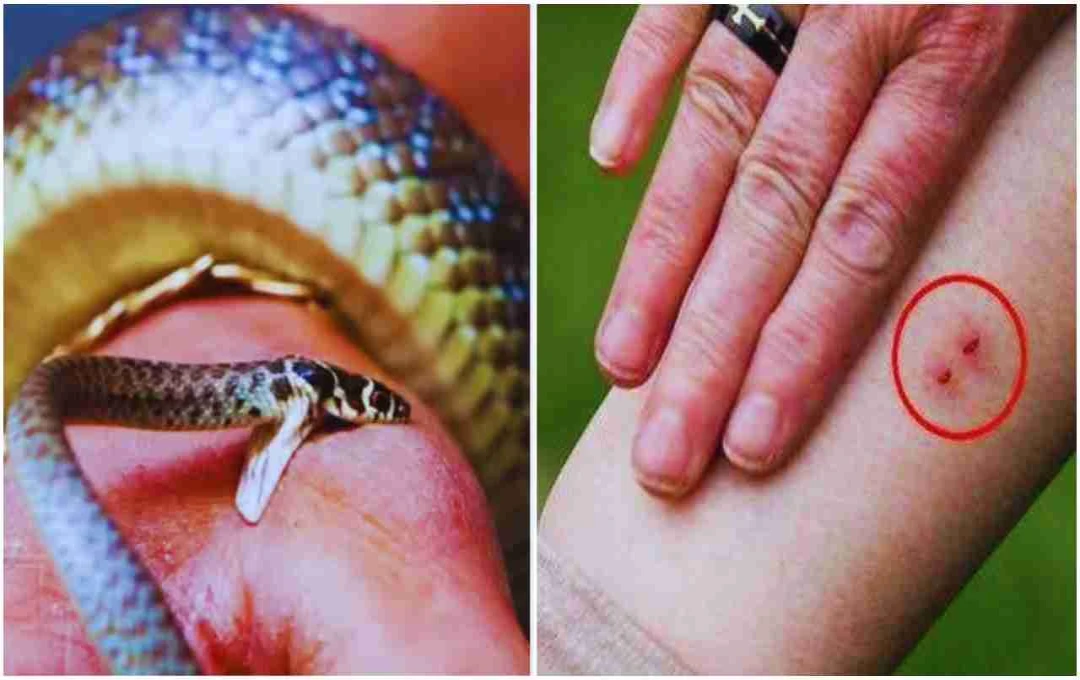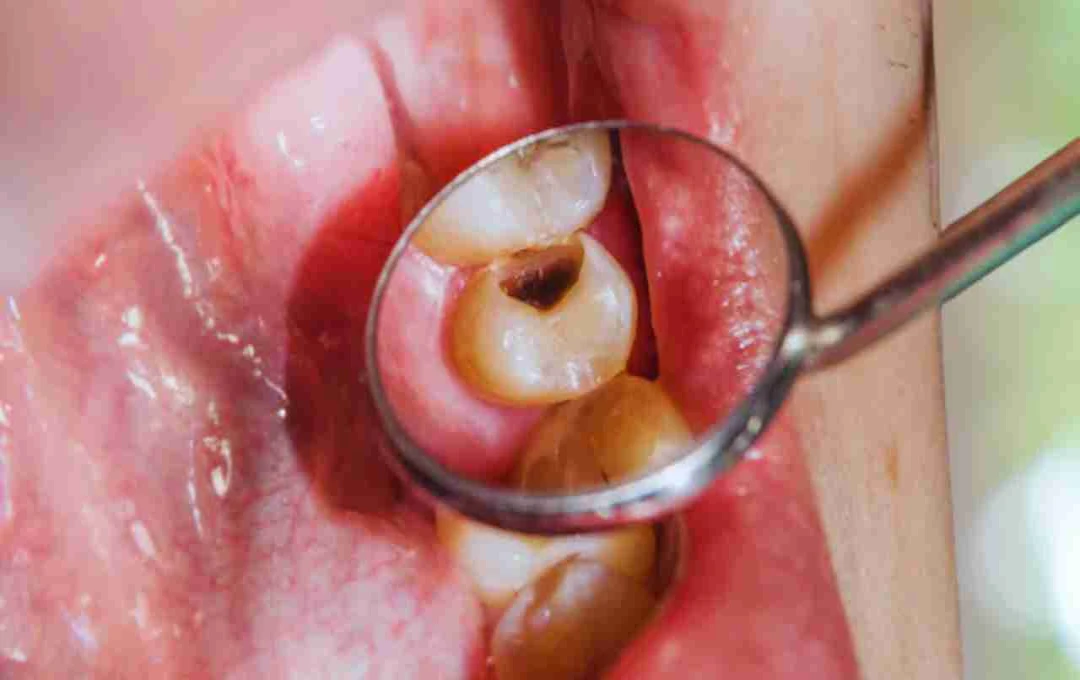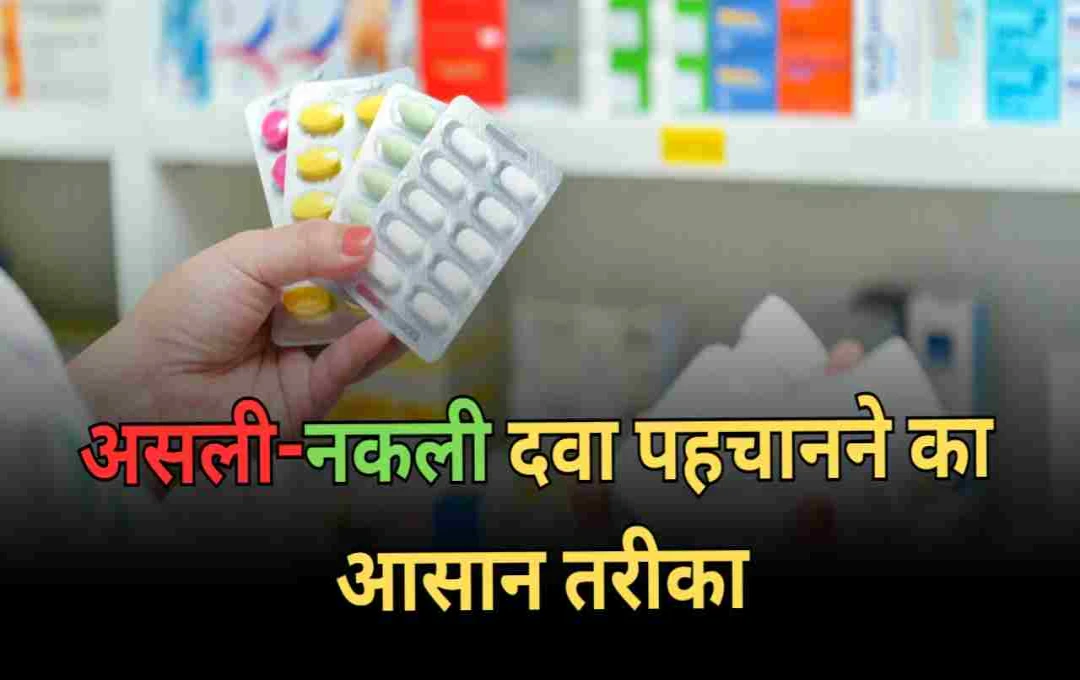While the monsoon season brings greenery and coolness, it also marks a period of increased activity for venomous creatures, especially snakes. As their burrows flood with rainwater, snakes tend to move towards residential areas. Consequently, snakes may be sighted in fields, gardens, forests, or even homes. Unfortunately, snakebite incidents also rise sharply during this time. If proper steps are not taken immediately, it can prove fatal.
Why are Snakebites Problematic?
Snakes are of two types – venomous (such as cobras, kraits, Russell's vipers) and non-venomous. However, it's often difficult to identify whether the snake that bit was venomous or not. A venomous snakebite injects toxins like neurotoxins or hemotoxins into the body, affecting the nervous system and blood. In such situations, instead of panicking, immediate first aid is crucial to save a life.
What to do First After a Snakebite?
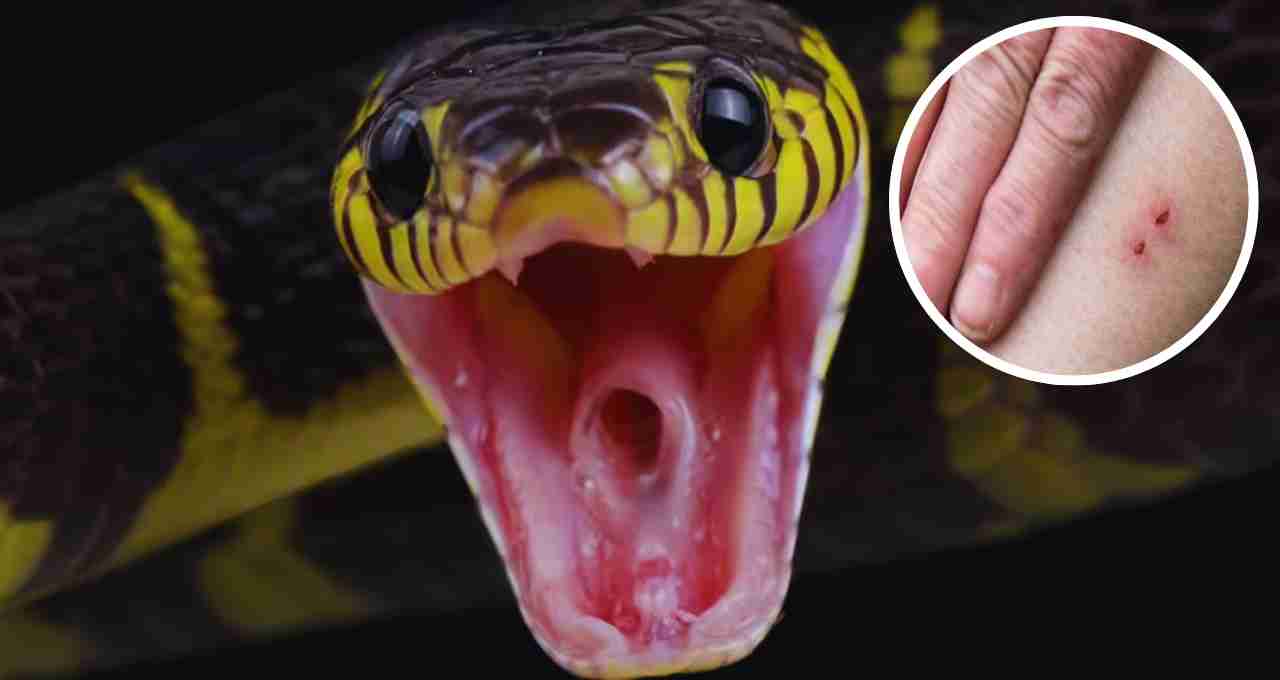
1. Clean the Wound Immediately
First and foremost, thoroughly wash the snakebite area with clean water and soap. This reduces the risk of infection. If soap is unavailable, washing with clean water alone will suffice.
2. Apply a Constricting Bandage Above the Wound
About half an inch above the bite, tightly tie a piece of cloth, handkerchief, rope, or thick thread. This slows down the spread of the venom into the bloodstream. Ensure that the bandage is not so tight that it completely stops blood flow.
3. Immobilize and Elevate the Limb
If the snake has bitten the leg or arm, keep the limb elevated above the heart level. This reduces blood flow and prevents the venom from spreading rapidly throughout the body.
4. Keep the Person Calm
Anxiety increases the heart rate, which can cause the venom to spread more quickly in the bloodstream. Reassure the patient and try to keep them calm. Minimize their movements as much as possible.
5. Seek Immediate Medical Attention
Snake venom acts very quickly, so without wasting time, reach the nearest hospital or health center. If possible, try to identify the snake (but do not attempt to catch or kill it) to help the doctor administer the correct antivenom.
What Not to Do After a Snakebite?
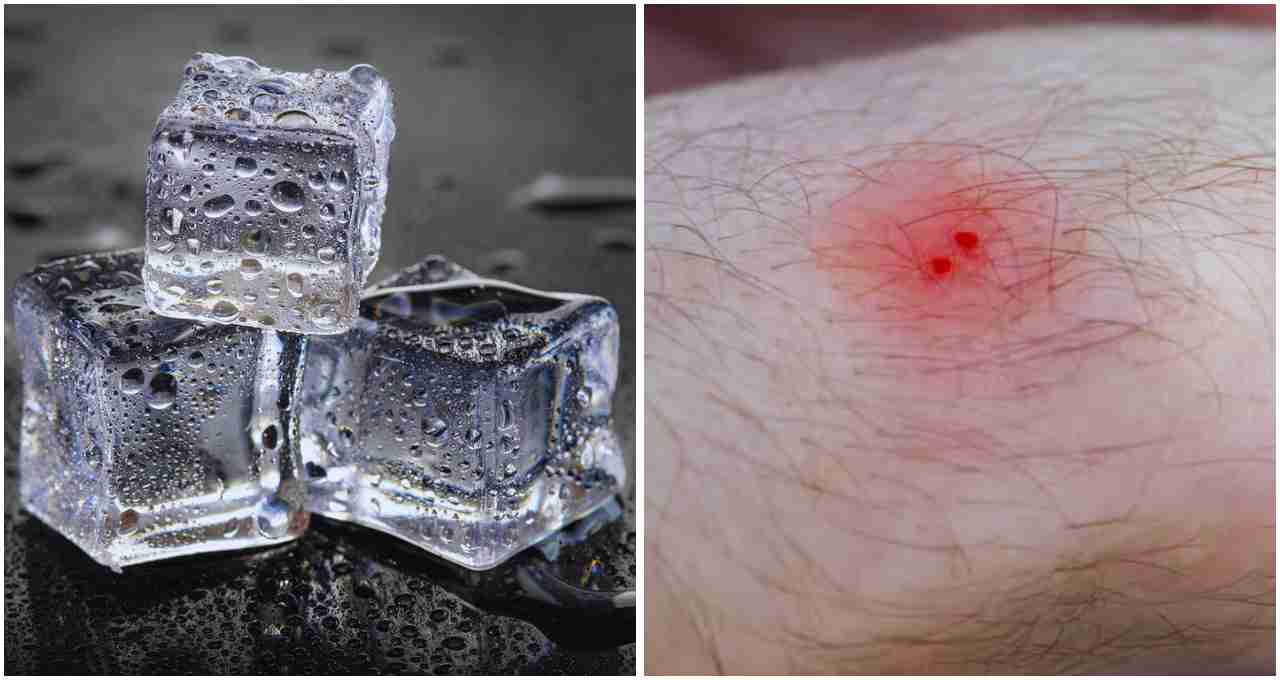
1. Do Not Suck the Wound
Do not try to suck out the venom as shown in movies. This can spread the venom to another person through the mouth.
2. Do Not Apply Ice to the Wound
Many people apply ice to reduce swelling or pain, but this can be harmful. Ice can spread the effect of the venom deeper into the body.
3. Do Not Use Any Home Remedies or Medications
Do not use neem, turmeric, garlic, or any other home remedies. This wastes time and can allow the venom to spread in the body.
4. Do Not Consume Alcohol or Caffeine
Alcoholic or caffeinated beverages can accelerate blood circulation in the body, causing the venom to spread more quickly.
5. Do Not Take Pain Relievers Like Aspirin or Ibuprofen
These medications can thin the blood, increasing the risk of internal bleeding.
Remove Jewelry Immediately
Swelling around the wound is very common. Immediately remove any rings, bracelets, or sandal straps on the fingers or feet. Otherwise, the swelling can cause the area to be cut off or blood flow to stop.
In the event of a snakebite, quick and correct first aid is extremely important. Timely vigilance and caution can save a life. Clean the wound, immobilize the limb, and seek medical help as soon as possible. Do not rely on home remedies or rumors. Exercise special caution during the rainy season and maintain cleanliness around your surroundings. Be aware, be alert, and protect your life.
